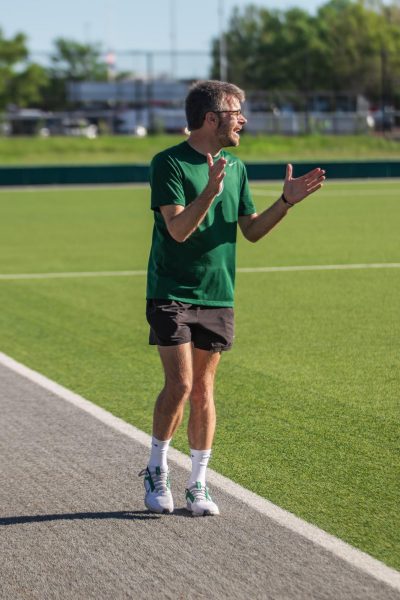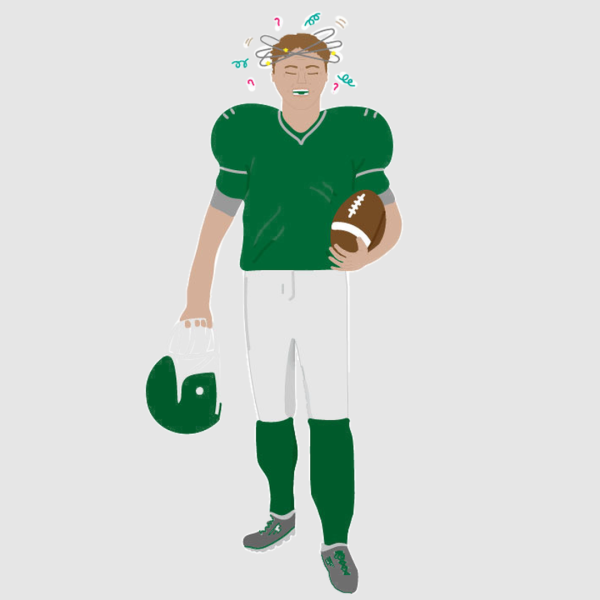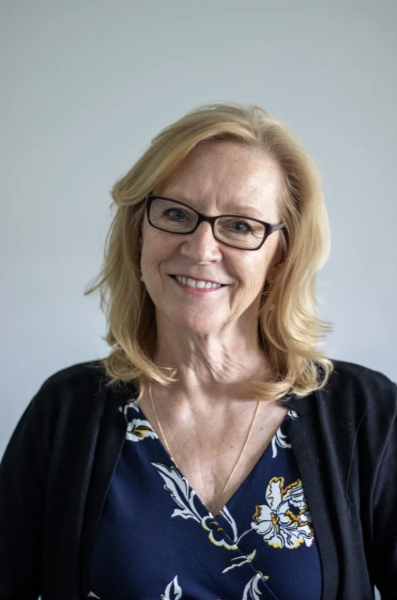Lessons from Luvuyo
Nelson Mandela’s great-grandson carries on legacy of service
“Apartheid” means “to keep apart.” For decades, South Africa’s dominating politcal party enforced this policy of racial segregation, a policy equivalent to American slavery in the early 1800s.
But one man spoke out against the repressive government, and in turn, spent over two decades in prison. After his release, he was eventually elected to be President of South Africa, and set out to dismantle the apartheid system. Now, this man is considered to be one of the most influential political and humanitarian heroes of all time. And the recipient of the Dole Leadership Prize: Nelson Mandela.
At 95 years old, Nelson Mandela was unable to travel to Kansas to receive his award, but his great-grandson, 27 year old Luvuyo Mandela, spoke to a crowd at the Dole Institute of Politics on Sunday, Oct. 27.
He spoke about his great-grandfather’s time in prison, explaining how Mandela played Scrabble with fellow prisoners and picked up “Afrikaans,” an entirely new language. He also obtained another college degree. After Mandela’s release, he devoured as many newspapers as possible to get himself reacquainted with current events in the world.
During the questioning period, one woman stood up and said her great uncle was a guard in his prison. When her great-uncle died, Mandela sent the family a sympathy note.
Initially, Mandela did not want to run for President, naming off a number of people who he thought would be better leaders than he. But he got elected, and during his time in office established the Truth and Reconciliation Commission, which was a court-like, restorative justice body.
Mandela fought for freedom and equality in South Africa eventually achieved his goal.
Luvuyo Mandela spoke about his great-grandfather’s legacy, stressing the importance of a readiness to serve others. “The difference is,” he said, “is that our generation can do it without having to risk our lives.”








S • Nov 2, 2013 at 4:09 pm
Great writing, Hannah.